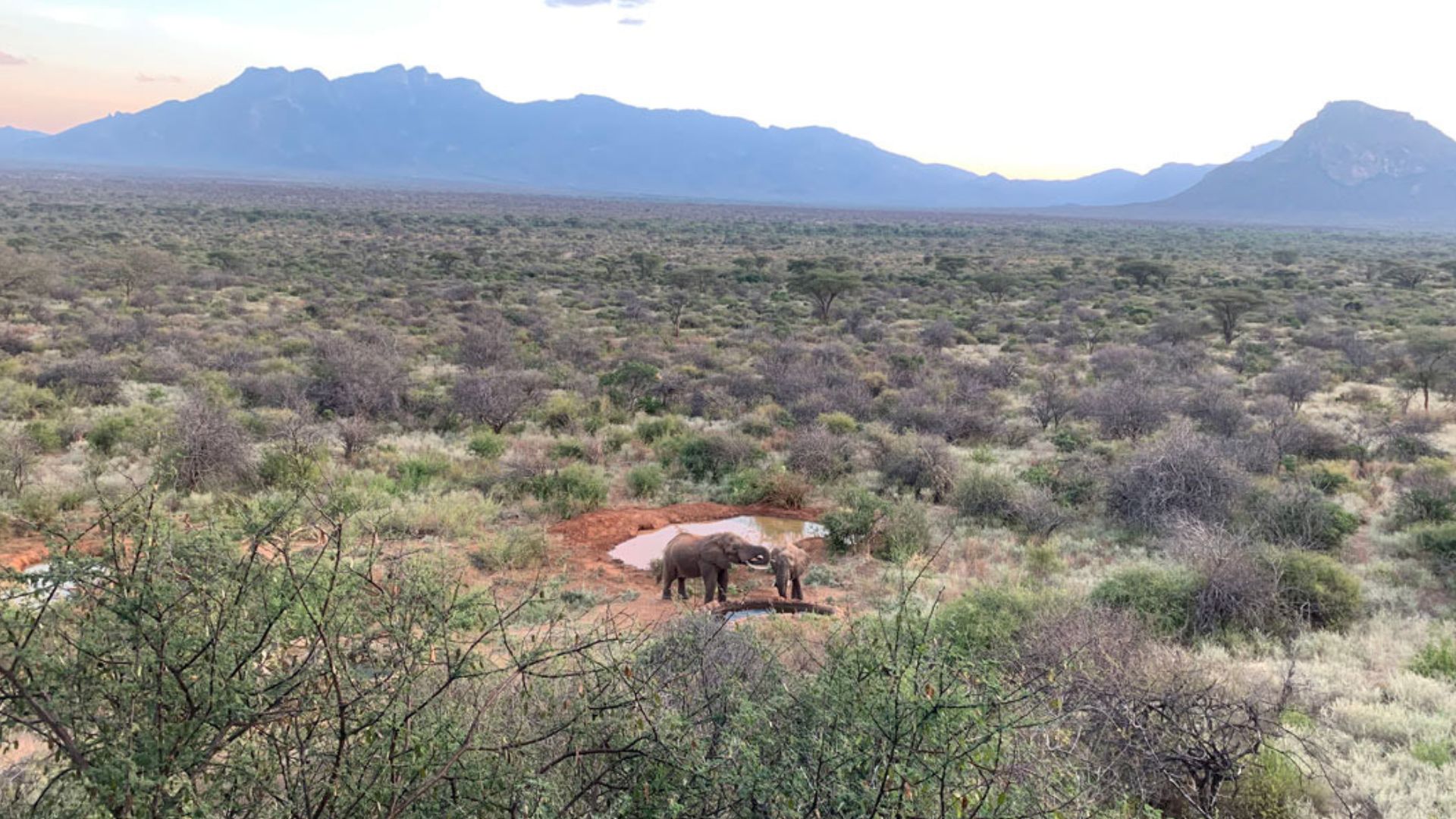Local News
Anthony Vodacek collaborates with Indigenous communities to introduce machine learning solutions for environmental challenges

Rochester, New York – Indigenous communities in Kenya and Ecuador are gaining access to cutting-edge machine learning technology, helping them tackle human-wildlife conflict and climate change. Thanks to an innovative partnership that includes Rochester Institute of Technology (RIT), these communities are now playing a key role in shaping AI solutions tailored to their unique challenges.
At the forefront of this effort is Anthony Vodacek, a professor in the Chester F. Carlson Center for Imaging Science at RIT. Vodacek is actively contributing to the Ltome-Katip, or Elephant-Rat, Project, a groundbreaking initiative funded by the Lacuna Fund. The project is dedicated to generating Indigenous-labeled data for machine learning and artificial intelligence (AI), ensuring that these technologies serve the needs of the communities that interact most closely with the environment.
Read also: RIT physician assistant student finds lifelong inspiration through Camp Good Days volunteer work
The initiative is led by the Shuar Nation in the Ecuadorian Amazon and the Samburu tribe in northern Kenya, alongside key partners such as the Namunyak Wildlife Conservancy, Space4Innovation, and the Indigenous Musap Biological Station. Together, they are collaborating with the GEO Indigenous Alliance to bridge knowledge gaps in environmental issues.
“By actively involving Indigenous communities in data collection, labeling, and map development, the team will bridge critical gaps in understanding climate change, human-wildlife conflict, and afforestation and deforestation,” the project proposal states.
Vodacek has traveled to both Kenya and Ecuador to facilitate this work, helping implement new technology to support conservation efforts. Microphones have been strategically placed in different areas to capture the sounds of local wildlife. The recorded data is then labeled by Indigenous experts and integrated into remote sensing analysis, allowing researchers to draw meaningful conclusions.
In Kenya, the project focuses on elephants, particularly the impact of water scarcity on their populations. Young elephants often fall into wells and become separated from their mothers, a growing problem as climate change alters water availability. The data collected will help predict and mitigate these incidents. Meanwhile, in Ecuador, the focus shifts to the Amazon rainforest, where an increasing rat population is disrupting agricultural lands. By collaborating with Indigenous communities, the project aims to develop culturally relevant solutions that respect traditional knowledge while leveraging modern technology.
“A lot of AI development has taken place within a western bias, so including Indigenous communities tries to reduce some of that bias,” Vodacek explained. “It’s important to use their knowledge and bring the technology to them so they can apply it to the problems they have.”
Beyond this project, Vodacek and RIT have extended their reach in Kenya through an educational collaboration. Vodacek recently represented RIT in the signing of a memorandum of understanding with Jomo Kenyatta University of Agriculture and Technology. This partnership is set to enhance research, education, and technological innovation in imaging science. The agreement includes workshops, research grants, and hands-on training in advanced imaging systems, further strengthening global efforts to improve environmental and technological understanding.
These initiatives reflect RIT’s commitment to fostering international collaboration and using technology for positive change. By working closely with Indigenous communities, researchers are not only addressing critical environmental challenges but also ensuring that AI development becomes more inclusive and effective in real-world applications.
For more information on RIT’s global engagement and research initiatives, visit the RIT Global website at www.rit.edu/global or learn more about Jomo Kenyatta University at www.jkuat.ac.ke.

-

 Local News12 months ago
Local News12 months agoNew ALDI store close to Rochester to begin construction in late 2025 or early 2026
-

 Local News12 months ago
Local News12 months agoRochester Lilac Festival announces exciting 127th edition headliners
-

 Local News10 months ago
Local News10 months agoCounty Executive Adam Bello and members of the county legislature celebrate exceptional young leaders and advocates at the 2025 Monroe County Youth Awards
-

 Local News10 months ago
Local News10 months agoThe 2025 Public Market Food Truck Rodeo series will begin this Wednesday with live music by the Royal Bromleys